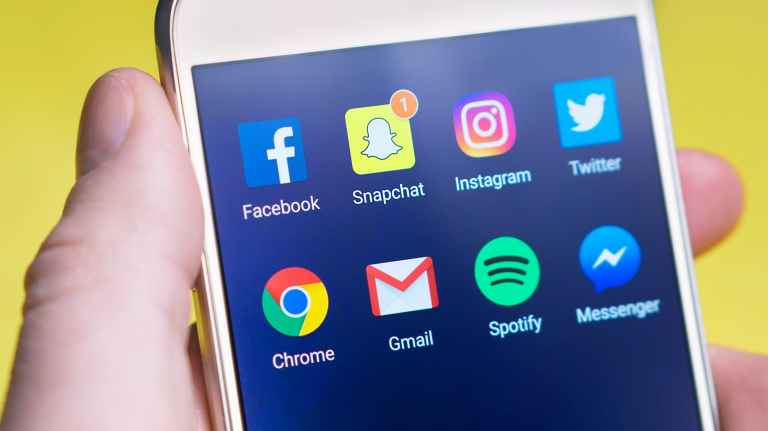Are Memes Political Ads? - Facebook's Latest Controversy
Some poorly made memes have forced Facebook to define what is and isn't political content, which might be opening a backdoor to even more tech-related problems.


A lot of questions have been asked in the last few years about the role of tech giants like Facebook in society. The impact of the tech giants on elections in the last decade has made things a bit complicated. Facebook promised action in this department, but this week they might have exposed a pretty big loophole.
Amazingly, this entire row that could have repercussions for all democratic elections depends on some pretty unfunny memes.
When Does a Meme Become an Ad?
Memes are a good way to spread content on social media sites. Usually, these are just made by people. They have little meaning, and they give you a few laughs. Sometimes memes can be made with a political viewpoint, but usually just by people who agree with that view rather than as a marketing move.
This last week though has seen a new type of meme spread. This meme is sponsored content. It is an ordinary meme, and the ones seen so far are bad memes, but it was created in exchange for cash.
This is the same type of sponsored content that brands use to advertise outside of ads. A little underhanded, but most people can now recognize sponsored content. This is the first time a political group has utilized this kind of ad though.
Political memes are nothing new, but political memes that are just adverts are something different. This means that a silly little joke could suddenly be subject to the rules that apply to all political advertising.
Mike Bloomberg's Well Paid Memes
Mike Bloomberg is about to enter the Democratic Primary of the US election, not a sentence that should really have anything to do with lazy memes on Instagram, but here we are.
The candidate has been paying popular apolitical pages to make memes promoting him. Going by how similar all of the sponsored posts are, it seems his team is giving pretty specific instructions too.
His listings on the influencer-advertising connector site Tribe even show us how much he’s paying for this weird post; only $150 a pop. Sponsored content is organized directly with the page or influencer posting it though sites like these. The tech companies that host the content don’t get a cut. This is where things have gotten a bit messy.
Facebook Says Memes Aren't Ads
Rather than wait for the problem to become a complete scandal as in the past, Facebook has gotten ahead of this one. They've specified that sponsored posts aren't considered ads by them. That means the only rules or restrictions that apply to this sponsored content is what the pages or influencers are willing to say for a paycheck.
Facebook's view is that anything on their main platform or Instagram, or WhatsApp, isn’t an as unless they are the ones getting paid.
If these rules remain in place for the foreseeable future, political groups can bypass all laws that try to bring some form of truth to campaigns. By sponsoring 'influencers' rather than buying ads themselves, they can cut social media platforms out of the deal. While they lose that ad money, they also lose responsibility. Given the PR issues Facebook had after 2016, they would probably rather not get that ad money this time around.
Facebook is making itself clear that it doesn't think it can be held accountable for political ads that appear on its platforms, as long as they’re not actually taking money for it. This could mean all of Facebook's attempts to avoid the problems of 2016 in future elections will be meaningless since they've just pointed out a massive loophole. A loophole that sets a precedent for other tech companies to follow.
Even worse than this, these memes are terrible and more candidates are going to be spending money on horrendously poor memes if they are given that sort of freedom.
At the surface, this little spat about the difference between a meme and an ad isn't a huge development. Delve a little deeper though, and these poorly made memes might be giving any political group a backdoor to advertise or lie with impunity, free from any rules about content, spending, or not ruining everyone's timelines with their weird attempts to appeal to the youth.
More News

Apple's fully autonomous car is ready to hit the market
Some of the main features are already known.

Fake Coronavirus Cures and Conspiracies Are Quickly Spreading Online
Online platforms might be too slow to stop the spread of fake Coronavirus cures and conspiracy theories.

Funniest Deepfakes We've Seen
Deepfakes are taking over.

The Science Behind Why We Hate Baby Nut but Love Baby Yoda
We'd all take a bullet for Baby Yoda.

Celebrity Halloween 2019 Looks That Broke The Internet
Some celebrities broke social media with their outstanding and clever Halloween looks.
